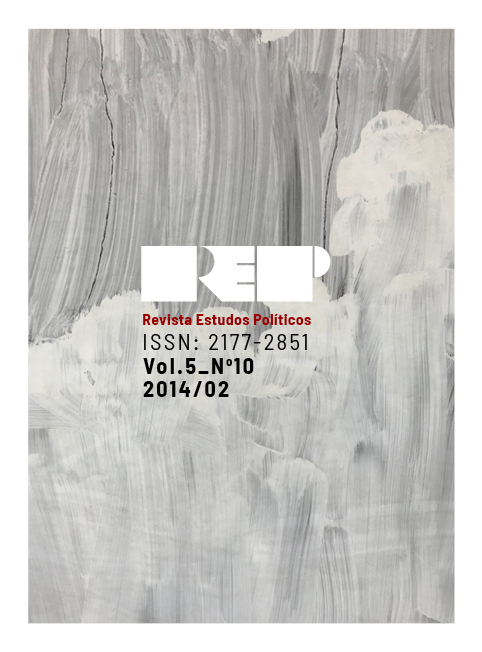Our North is the South: International Cooperation for Development within the Lusophone Sphere
DOI :
https://doi.org/10.22409/rep.v5i10.40375Mots-clés :
Brazilian Foreign Policy, International Development Cooperation (IDC), Lusophony, African Countries of Portuguese Official Language.Résumé
The central hypothesis of the research here presented, regarding cooperation initiatives with developing countries — in particular with African Countries of Portuguese Official Language (Palops), implies the recognition that although its origin corresponds to a previous process, it is since the Labor Party (PT) electoral rise in Brazil that such initiatives acquire a new intensity, whose dimension allows conceiving them as a rupture. The purpose of understanding Brazilian foreign policy changes as a paradigm change, thus, configures an approach to understand the approximation movement towards developing countries that does not become a hostage to the pragmatism versus ideology dichotomy. In order to underpin that thesis, this article is divided in three sections. At first we develop some reflections on modernization, development and national interest, relating these ideas to the constitution of Brazilian foreign policy traditions throughout the 20th century. In the second section, in turn, we deal with the concept of International Development Cooperation (IDC), approaching its historical genesis and main implications. We will then analyze the Brazilian case, addressing cooperation and partnership initiatives aiming to establish closer relations with Global South countries. To this extent, having the political changes occurred in South America during the early 21st as backdrop, we will present the notions of Solidarity Diplomacy and Responsible Pragmatism as guidelines that structure a new Brazilian Foreign Policy approach. Finally, as an offshoot of this new perspective, some results of the partnership dynamic established between Brazil and Portuguese-speaking countries of the Global South will be presented in the last section.Téléchargements
Téléchargements
Publié
Numéro
Rubrique
Licence
Para submeter um manuscrito, os autores devem realizar o cadastro na plataforma, fornecer os dados solicitados e seguir as orientações recomendadas. Para tanto, será necessário apresentar o número da identidade de pesquisador. Para obtê-lo, é necessário realizar o cadastro na plataforma Open Researcher and Contributor ID (ORCID).
Ao submeter um manuscrito, os autores declaram sua propriedade intelectual sobre o texto e se comprometem com todas as práticas legais relativas à autoria. A submissão implica, ainda, na autorização plena, irrevogável e gratuita de sua publicação na REP, a qual se responsabiliza pela menção da autoria.
A REP tem acesso aberto e não cobra pelo acesso aos artigos.
Orientando-se pelo princípio de que tornar público e disponibilizar gratuitamente o conhecimento científico contribui para a democratização mundial do conhecimento, a REP adota a política de acesso livre e imediato ao seu conteúdo.
No mesmo sentido, a REP utiliza a licença CC-BY, Creative Commons, a qual autoriza que terceiros distribuam, remixem, adaptem e criem a partir do trabalho, inclusive para fins comerciais, desde que se reconheça e torne público o crédito da criação original.
Para mais informações, contatar a editora através do e-mail revistaestudospoliticos@gmail.com


